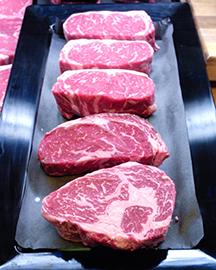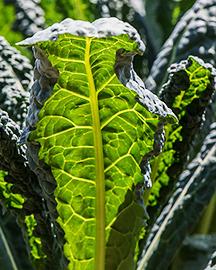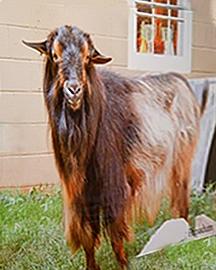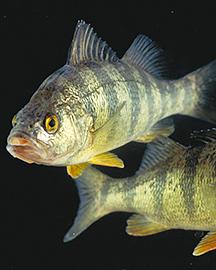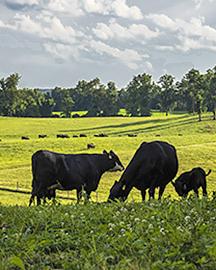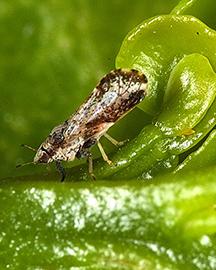Scientists developed a method to analyze PFAS in foods including chicken, pork, beef, catfish, and eggs.
Northeast Area

ARS’s Northeast Area conducts innovative, fundamental, and applied scientific research to develop and transfer solutions that address agricultural and human health problems of high national priority. The Area focuses on maintaining and improving the plentiful supply of healthful and safe food, fiber, bioenergy, and agriculture-derived value-added products to all Americans. The Northeast Area encompasses 24 research locations in 11 states and the District of Columbia.
In This Section
Beans That Help Prevent Iron Deficiency
ARS scientists have developed yellow bean varieties that contain more absorbable iron.
Leafy Greens May Support Brain Health
ARS-funded research found a correlation between adequate brain level concentrations of vitamin K and better cognitive function.
Understanding Genetic Workings of Animals
By using telomere-to-telomere assemblies, ARS scientists can better understand the biological and genomic basis for how animals differ.
AI is Catching on in Aquaculture
ARS-funded scientists developed an artificial intelligence (AI)-aided computer vision system for real-time monitoring of fish in recirculating aquaculture systems.
Environmental Sustainability of U.S. Beef
ARS, the University of Arkansas and the National Cattlemen’s Beef Association, led a study to identify environmental impacts from U.S. beef production.
New Tool Fights Citrus Greening Disease
Developed by ARS's researchers, symbiont technology can be delivered to citrus trees in the field and is scalable from a few to millions of trees.




